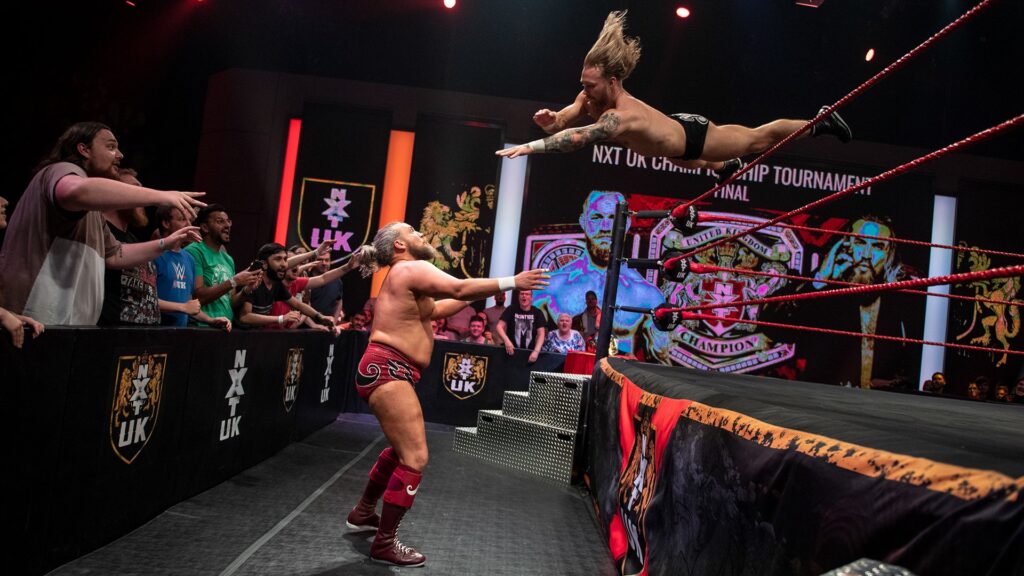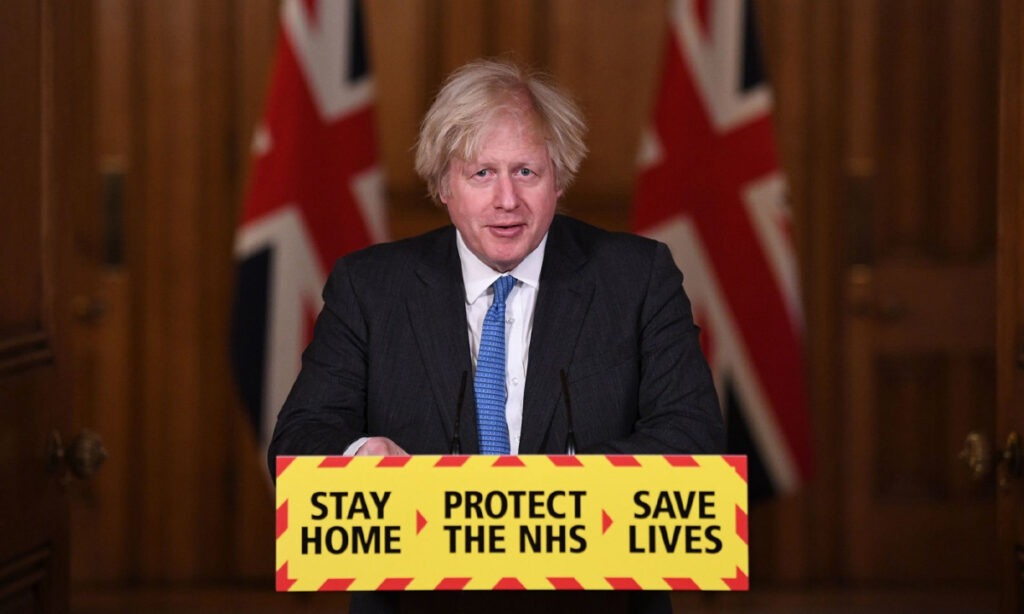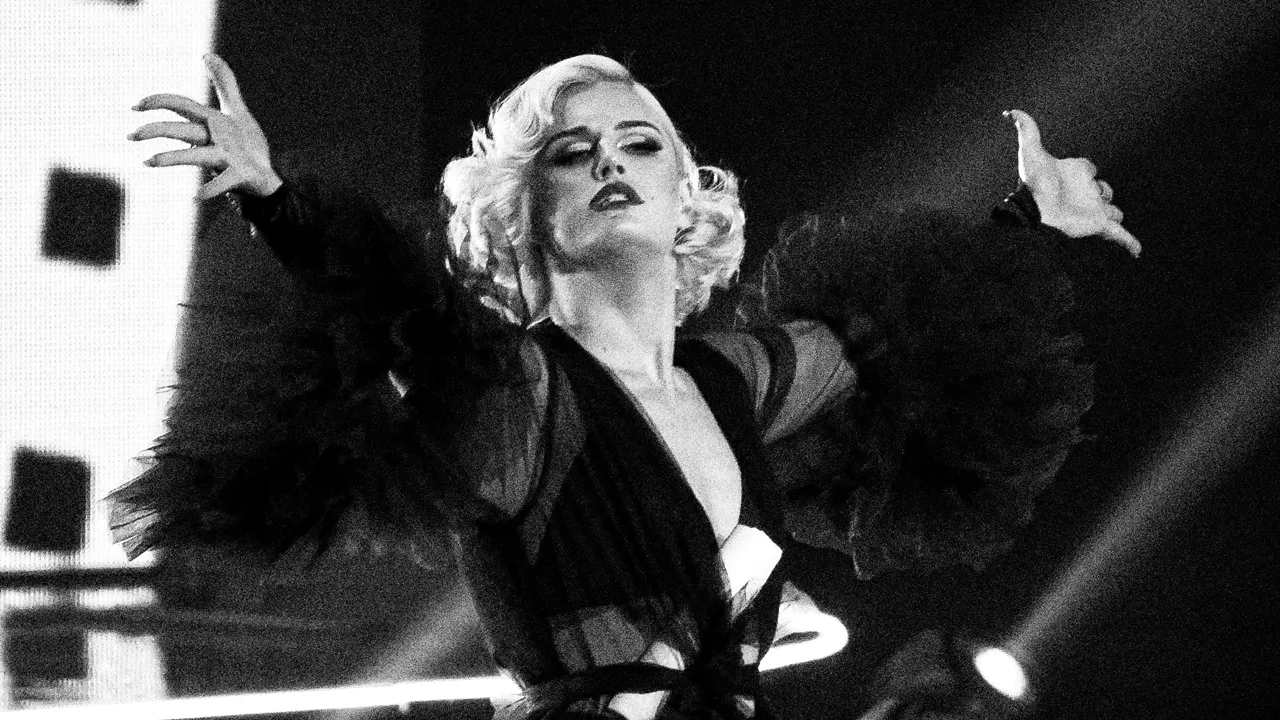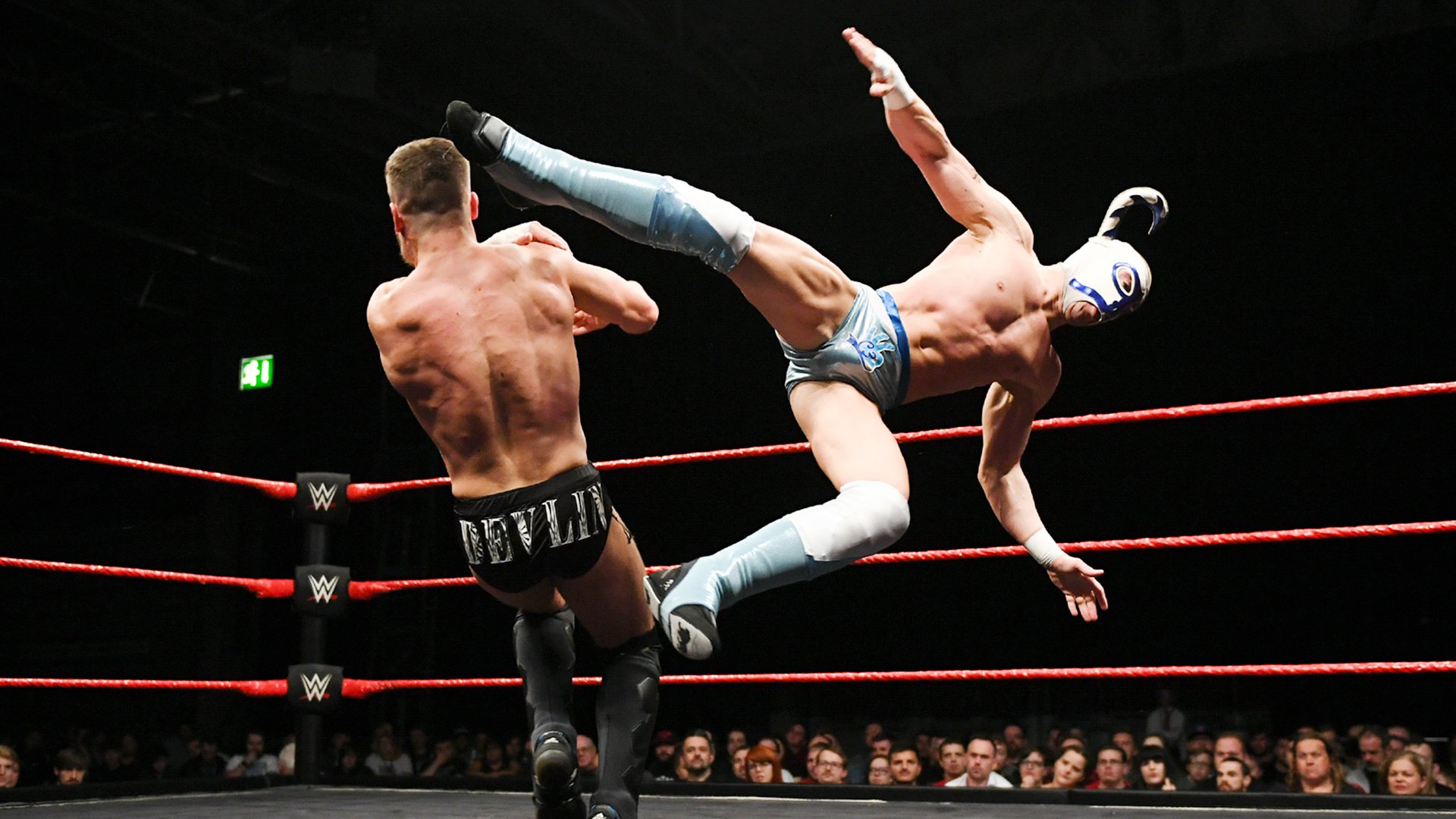In the late 2010s, there was arguably no hotter wrestling scene than in Great Britain.
With companies like Progress, RevPro and ICW regularly drawing thousands of fans, they ushered in a new boom of professional wrestling.
It looked like it could go nowhere but up. ITV commissioned a series of “World of Sport“, bringing pro wrestling back into the mainstream since 1985. Some of the biggest stars from across the world were competing against some incredible home-grown talents, and companies like WWE were taking notice of these incredible wrestlers.
But by the end of 2020, everything they built was gone. Attendances were done. Top stars were run out of the industry. What was once a thriving scene on the cusp of the mainstream was a dirty, little secret once again.
What happened? How did we go from Progress selling out Wembley Arena, and Grado dancing on primetime Saturday night TV, to mainstream obscurity? There were three things that killed British Wrestling in 2020.
NXT UK Was The Biggest Contributor To BritWres Dying

The biggest reason for the peak of British Wrestling dying was undoubtably the WWE entering into the UK scene.
The company produced a United Kingdom Tournament in 2017, featuring stars from all the top promotions. Progress Wrestling in particular lost their top stars, with British Strong Style being snapped up as top stars by the WWE’s newest promotion.
NXT UK was created as a response to ITV reviving World of Sport wrestling. They feared for their monopoly over wrestling on TV in Britain, and sought to kill the indie scene by creating their own promotion, and pushing other companies out of business by signing all their top stars.
If we look at the Google Trends for one of the biggest UK wrestling companies (RevPro), then it is clear that this had the biggest impact on British wrestling.

The graph, with data collected from Google, shows that the biggest drop in interest in the company came after the announcement of NXT UK. While it got a rise in popularity initially, likely as more fans became aware of these British stars, the creation of NXT UK in 2018 made the company drop to a level of interest not seen in years.
While it received additional drops due to the pandemic in March 2020 and the Speaking Out Movement in June 2020, it was already on a downward trend that very little would be able to stop. The only thing that brought the company back to their peak level of interest was Chris Jericho’s surprise appearance at the RevPro 11th Anniversary show, the night before AEW All In in London.
Similar drops can be seen in both Progress Wrestling and ICW’s trend graphs.
Another way we could analyse the impact of the factors on BritWres’ popularity is the show’s attendances. However, due to the pandemic, they were without crowds for a long time, so we do not have the data to analyse in that respect.
The Pandemic Cost British Wrestling Even More Interest

The COVID pandemic shutting down the country in March 2020 bundled even more misery on the UK indie wrestling scene.
Prime Minister Boris Johnson announced on March 23rd, 2020 that the country would be going into a lockdown. This meant that no wrestling shows could be put on for some months.
Even when they did return, no fans were able to attend these events. This hugely affected the profitability of companies like RevPro and Progress. While they had their own streaming services, with Progress even signing a deal with the WWE, the bulk of their money coming from ticket sales.
The companies had to shut down during the start of the pandemic, which hindered everyone in the business’ ability to make money. There are stories of people like Eddie Kingston almost retiring due to COVID, and many in the UK indie scene felt the same way.
Of course, when crowds did return, it was a risk. Nobody wanted to get COVID, so people were apprehensive about going outside and mingling with others. With the risk being high, would people risk falling ill and missing two weeks of work to see a show without all the top stars they loved?
They did not (see previous graph).
The Speaking Out Movement Was The Final Nail In The Coffin For BritWres

If NXT UK and the pandemic did not do enough damage, the Speaking Out Movement was the final nail in the coffin for the British wrestling scene’s chance of becoming mainstream once again.
In June 2020, a serious of social media allegations were made towards members of the British wrestling scene. These include accusations of rape, domestic abuse and various levels of sexual abuse levied towards female members of the community.
The list of wrestlers who were accused is huge, and you can check them out here. It included big stars of the scene, like Marty Scurll, Jimmy Havoc and David Starr.
These accusations ended their careers, and took away some of the biggest stars of the BritWres scene. With fans outright banned from seeing shows, or even at limited capacity when they were allowed to, the prospect of watching a show without the top stars had little pull.
NXT UK and Speaking Out meant that most of the top British wrestlers weren’t wrestling in front of the fans any more. Many fans lost faith in the sport after seeing so many of their favourites being outed as sex pests, and left the community altogether.
While no single thing destroyed the once thriving British wrestling scene, these were the three main things that caused its decline. It has been on the rise again recently, with Will Ospreay starring for RevPro during a difficult period.
However, with him leaving for AEW and RevPro and Progress posting record losses this year, it may not be long before the British Wrestling scene is plunged back into the mid-2000s dark ages once again.





